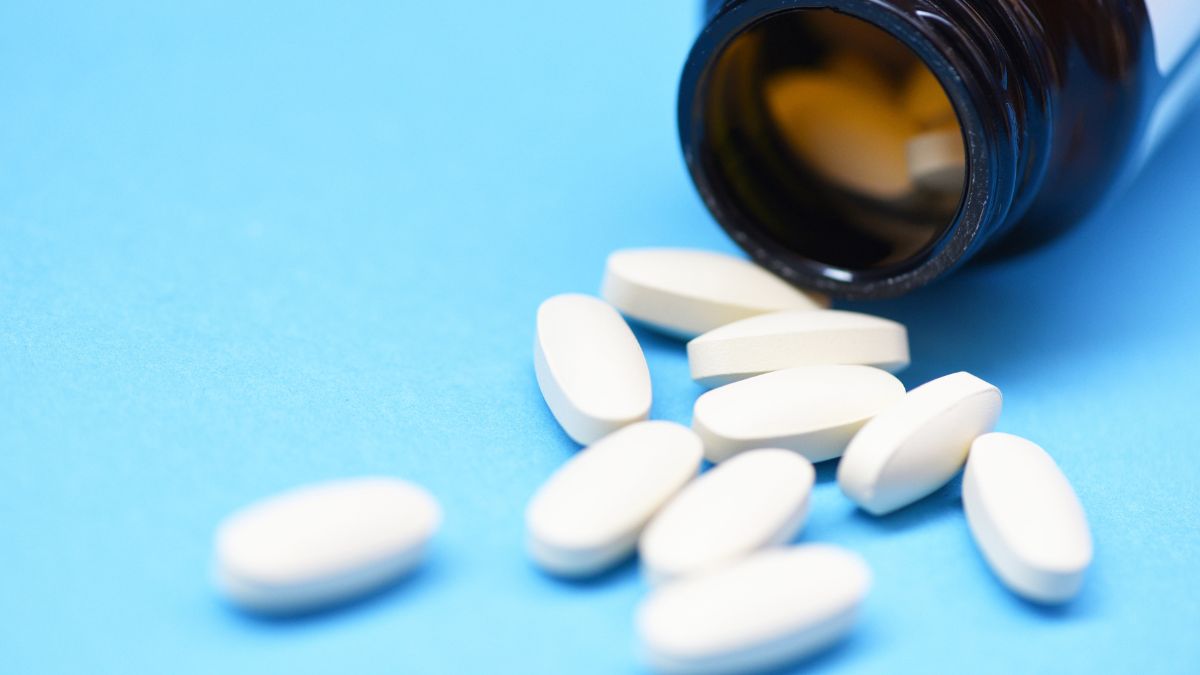Low dose naltrexone (LDN) has gained popularity as a treatment option for various autoimmune disorders, chronic pain conditions, and even mental health issues. While many patients report positive outcomes, it’s crucial to understand what to avoid when taking low dose naltrexone to ensure its effectiveness and safety. This article will explore key considerations, potential pitfalls, and expert insights to help you navigate your treatment journey.
Understanding Low Dose Naltrexone
Low dose naltrexone involves using a much lower dosage of naltrexone than what is typically prescribed for opioid addiction. Generally, LDN doses range from 1 to 5 mg, whereas higher doses for addiction treatment are 50 mg or more. The mechanism of action at these lower doses is thought to involve the modulation of the immune system and the promotion of endorphin release.
Why Consider Low Dose Naltrexone?
Patients often turn to LDN for conditions such as:
- Multiple sclerosis
- Fibromyalgia
- Crohn’s disease
- Chronic fatigue syndrome
Studies suggest that LDN may help reduce inflammation and pain while improving overall well-being. However, it is essential to be mindful of certain factors that can impact the effectiveness of this treatment.
What to Avoid When Taking Low Dose Naltrexone
1. Avoiding the Wrong Timing
The timing of your LDN dose can significantly influence its effectiveness. Many practitioners recommend taking LDN at night. This timing aligns with the body’s natural circadian rhythm, which may enhance endorphin production. Taking it in the morning could disrupt sleep patterns, leading to fatigue during the day.
2. Not Considering Drug Interactions
Before starting LDN, it is vital to review all medications and supplements you are currently taking. Certain drugs, such as opioids, may interact with naltrexone and lead to reduced efficacy or increased side effects. For example, if you are on opioid pain management, switching to LDN without consulting your healthcare provider could result in withdrawal symptoms. Always discuss your complete medication list with your doctor.
3. Ignoring Diet and Lifestyle Choices
Your diet and lifestyle can also impact the effectiveness of low dose naltrexone. A diet high in sugar and processed foods may exacerbate inflammation and counteract the benefits of LDN. Conversely, a nutrient-rich diet with anti-inflammatory foods can promote better outcomes. Incorporating omega-3 fatty acids, antioxidants, and fiber can be beneficial.
Moreover, regular exercise can enhance the effects of LDN by improving mood and reducing inflammation. Strive for a balanced routine that includes both physical activity and stress-reducing practices such as yoga or meditation.
4. Discontinuing LDN Abruptly
Some patients may consider stopping LDN if they do not see immediate results. However, it’s essential to give the medication time to work, as benefits may take weeks or even months to manifest. Abrupt discontinuation can lead to a resurgence of symptoms and could negate any progress made during treatment.
Consult your healthcare provider before making any changes to your regimen. If you’re experiencing side effects or feel that LDN isn’t working, discuss alternatives rather than stopping suddenly.
5. Overlooking Possible Side Effects
While many tolerate LDN well, some individuals may experience side effects. Common side effects include insomnia, vivid dreams, and gastrointestinal disturbances. If you notice any of these effects, consult your healthcare provider. They may recommend adjusting the dosage or timing of your medication to alleviate symptoms.
It’s also vital to keep track of how you feel while on LDN. Journaling your symptoms can provide valuable insights and help your healthcare provider make informed adjustments to your treatment plan.
6. Failing to Monitor Progress
When taking low dose naltrexone, regular check-ins with your healthcare provider are essential. Monitoring your symptoms and overall health can help identify what’s working and what’s not. This can also help in making necessary adjustments to your treatment plan.
Consider utilizing scales or questionnaires to measure symptom severity and overall well-being. This data can help you and your provider gauge the effectiveness of LDN over time.
7. Neglecting Mental Health
LDN may positively influence mental health by modulating mood, but it should not replace traditional therapies for mental health conditions. If you are dealing with anxiety, depression, or other mental health issues, discuss a comprehensive treatment plan with your healthcare provider. Incorporating therapy or counseling may enhance your overall outcomes while on LDN.
8. Dismissing Professional Guidance
Finally, one of the most significant pitfalls is self-diagnosing or treating without professional guidance. Low dose naltrexone is not a one-size-fits-all solution. A healthcare professional experienced in LDN can provide personalized recommendations based on your specific health needs.
Conclusion
Understanding what to avoid when taking low dose naltrexone can significantly enhance your treatment experience. Timing, drug interactions, dietary choices, and professional guidance are crucial aspects to consider. By being mindful of these factors, you can optimize the benefits of LDN and improve your overall health and well-being. Always consult your healthcare provider before making any changes to your treatment plan.
FAQs
1. Can I take other medications while on low dose naltrexone?
Yes, but you should consult your healthcare provider to avoid potential interactions, especially with opioids.
2. How long does it take to see results from low dose naltrexone?
Many patients start to notice improvements within a few weeks, but it can take up to three months for full effects.
3. What should I do if I experience side effects?
Consult your healthcare provider to discuss your symptoms and possible adjustments to your dosage or timing.
4. Is there a specific diet I should follow while on LDN?
A balanced diet rich in anti-inflammatory foods can enhance LDN’s effectiveness. Avoid excessive sugar and processed foods.
5. Can low dose naltrexone help with mental health issues?
LDN may have positive effects on mood, but it should not replace traditional mental health treatments. Always discuss comprehensive care with your provider.





